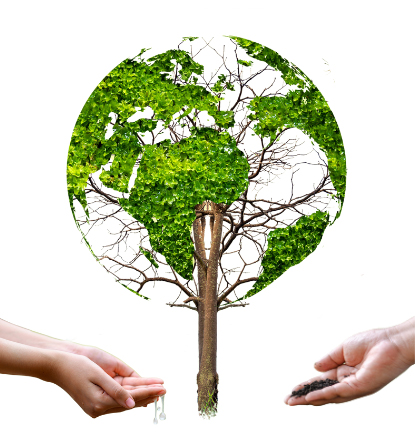Hidden Cost of Coffee Cups
Disposable coffee cups are responsible for considerable waste, adding to the already critical issue of environmental degradation. These are lined with plastic, and non-recyclable. Their production consumes valuable resources, while their disposal contributes to overflowing landfills. To mitigate this impact, alternatives like reusable coffee cups or mugs are encouraged. Embracing these alternatives not only reduces waste but also promotes a culture of sustainability and environmental responsibility, essential for a healthier planet.
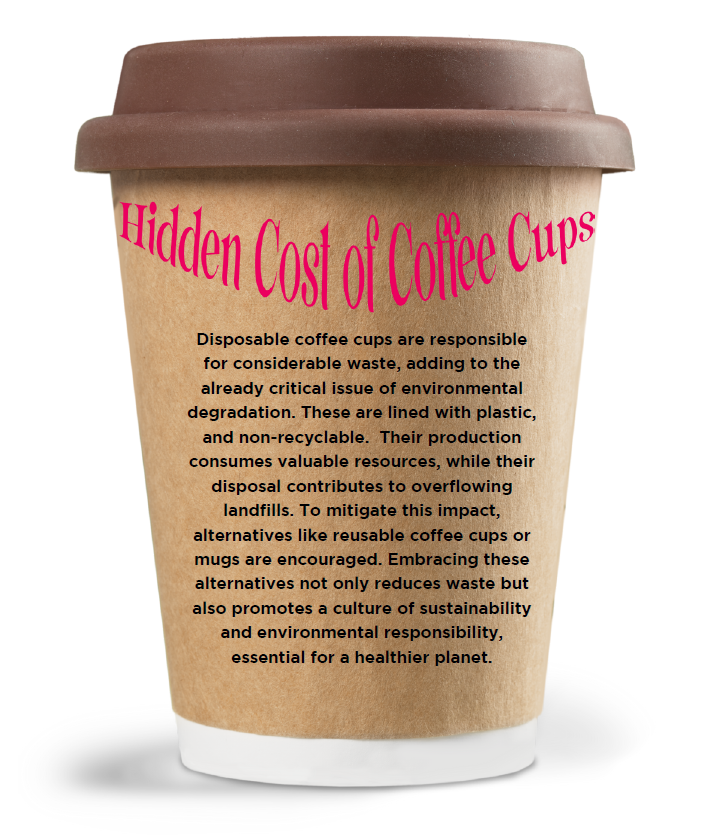
Unveiling the Environmental Toll of Fast Fashion
Fast fashion is wreaking havoc on our planet. This industry thrives on producing cheap, trendy clothes at breakneck speed, encouraging a throwaway culture. Specially the lawn culture is getting the customer to buy more frequently than ever.
The environmental cost is enormous: textile production consumes vast amounts of water, emits greenhouse gases, and pollutes waterways with toxic dyes. Every year, millions of tons of clothing end up in landfills, where synthetic fibers take centuries to decompose, releasing harmful microplastics. Moreover, fast fashion’s relentless demand for resources accelerates deforestation and habitat destruction.
To combat climate change, we must shift towards sustainable fashion practices—prioritizing quality over quantity, recycling, and supporting eco-friendly brands. Our planet’s future depends on it.
Why You Should Ditch Aerosol Cans
Aerosol cans contain volatile organic compounds (VOCs) and greenhouse gases, which contribute to air pollution, harmful to humans and climate change. The improper disposal of these cans exacerbates waste management issues, as they are often not recycled correctly. Additionally, the production and disposal of aerosol cans consume substantial energy and resources, further adding to their environmental footprint.
To mitigate these effects, alternatives such solid products, or roll-on applications are recommended. These alternatives reduce the release of harmful chemicals and decrease waste, offering a more sustainable solution for personal care and household products. “Hermal” to freshen air is a traditional method that causes no harm to humans or the environment.
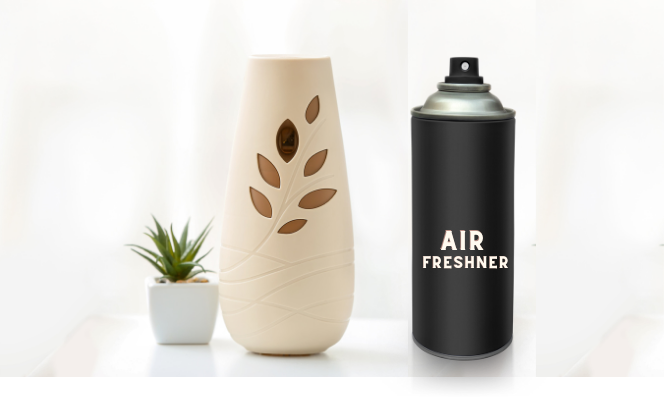
Harmful Aspects of Tissue Paper
The bleaching process for making tissue paper white often involves chlorine and other harmful chemicals. These chemicals can pollute waterways, harming aquatic life and entering the food chain, posing health risks to humans and animals.
Tissue paper production causes deforestation, high water and energy use, and significant waste. It contributes to greenhouse gas emissions, habitat destruction, microplastic pollution, and resource depletion, harming biodiversity and environmental health.
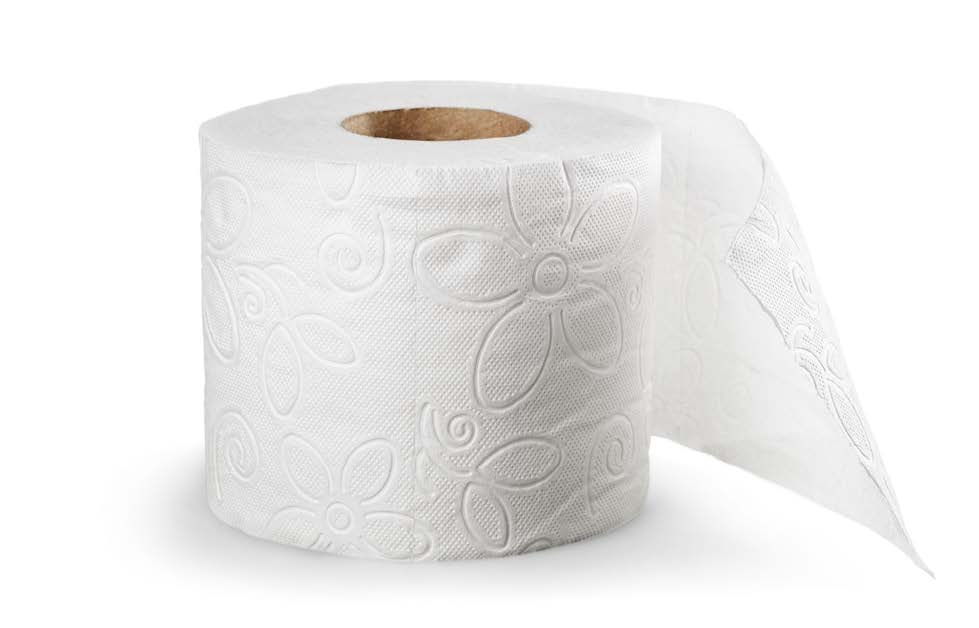
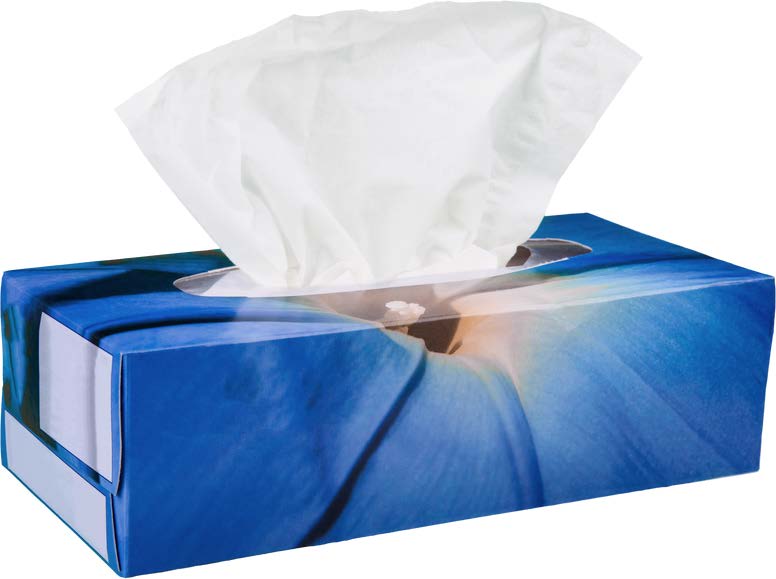
Heavy Metals in Play: The Hidden Health Risks of Electronic Toys
Electronic toys often contain harmful ingredients, notably in their batteries, which include heavy metals such as lead, mercury, and cadmium. These toxic substances pose serious health risks to humans. Exposure to lead can cause neurological damage, particularly in children, affecting cognitive development and behavior.
Mercury exposure can harm the nervous system, digestive system, and kidneys. Cadmium exposure is linked to lung and kidney damage.
The production, use, and disposal of these batteries release pollutants into the environment, contributing to air, soil, and water contamination, as well as greenhouse gas emissions, which exacerbate climate change and health issues.



